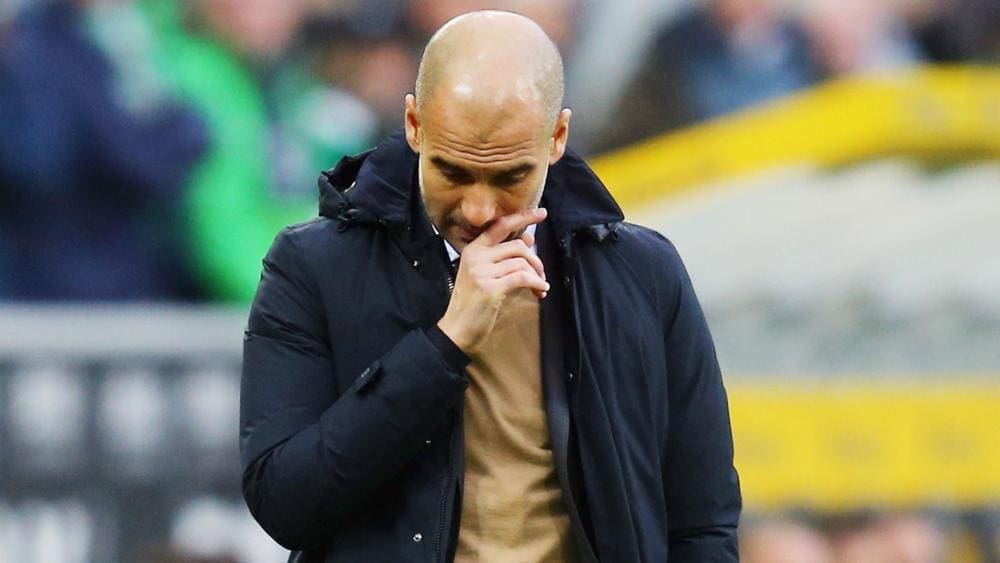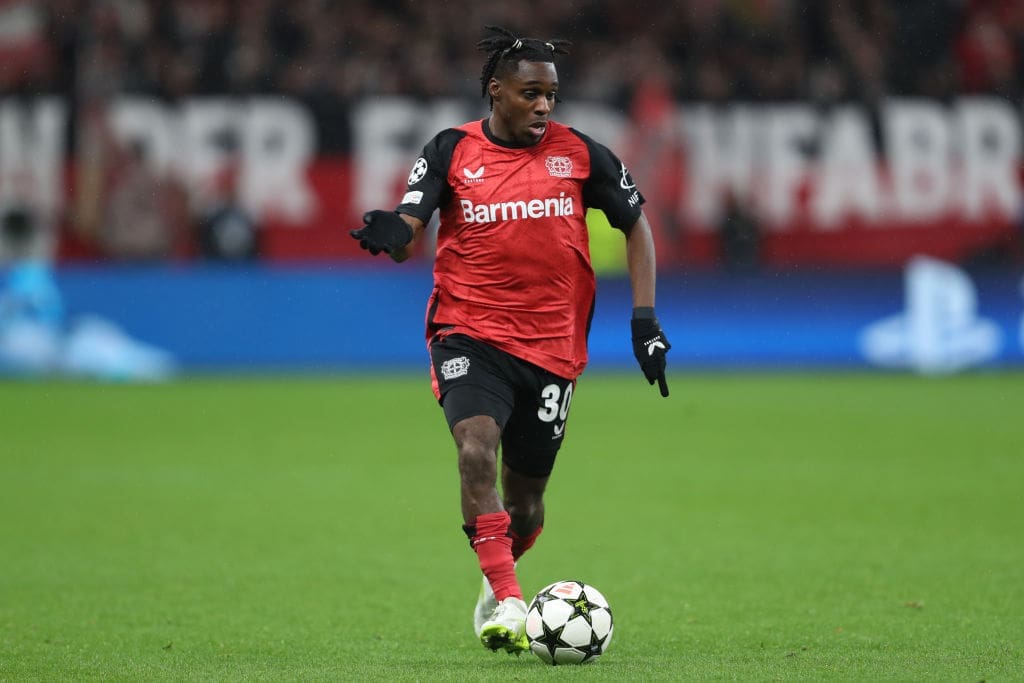At 17, Yamal stands atop Europe as the assist king, truly embodying the phrase "the new wave pushes the old." At 34, Thomas Müller announced his departure from the German national team. Unlike Kroos's composed final dance, Müller's farewell is tinged with a mix of longing and resignation. After Germany's defeat to Spain, with tear-filled eyes, he stated, "This might be my last game for the national team."
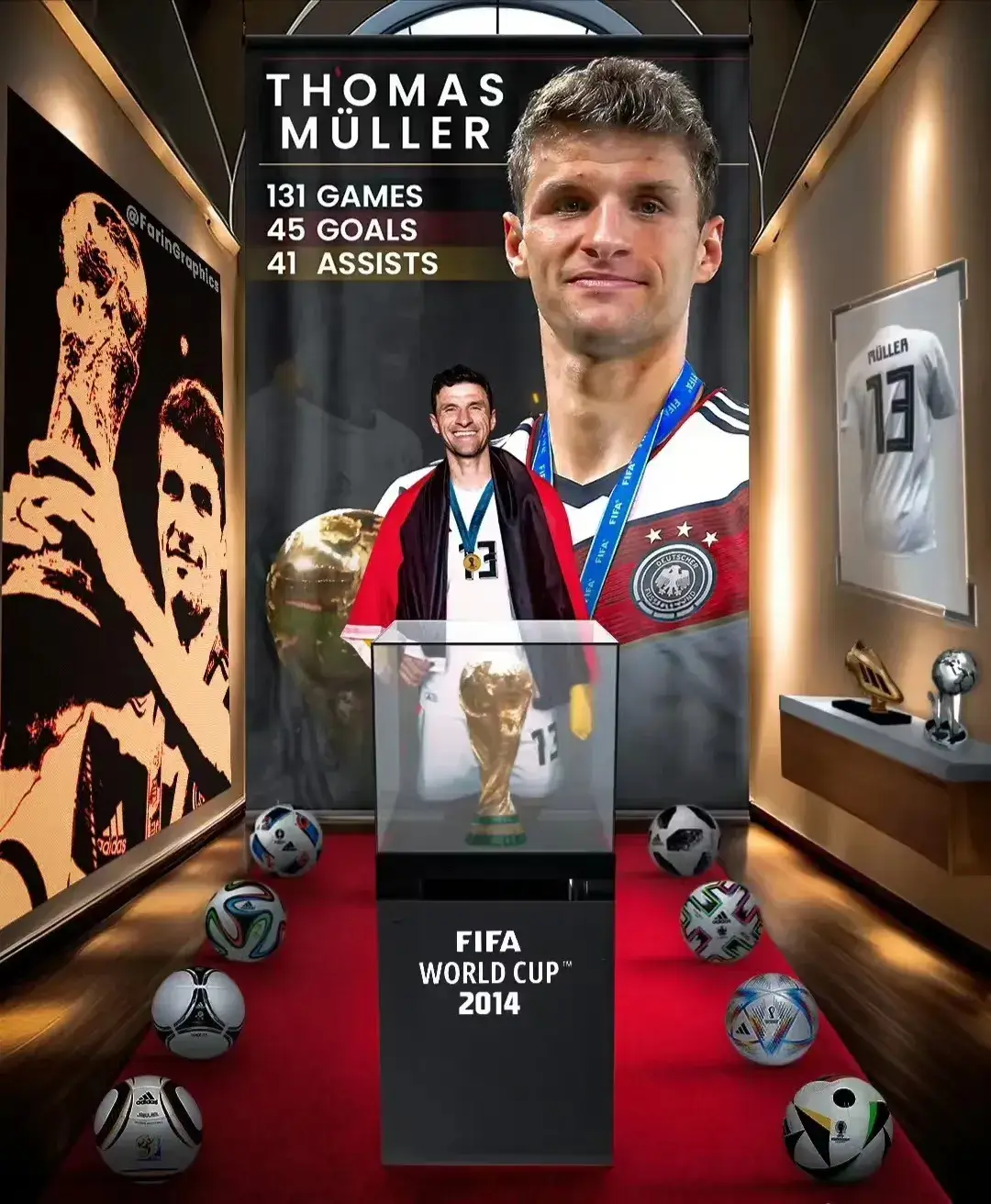
Müller was not a central figure for Germany in this Euro 2024. The terms "leader" and "role model" no longer reflected his true standing in the team. Amid the rise of young talents like Wirtz and Musiala, Müller only played twice in the tournament, accumulating 56 minutes and providing one assist. After Germany's disappointing exit from the Qatar World Cup, Matthäus had suggested that Müller focus on his club, Bayern Munich. Yet, for Müller, the opportunity to contribute on home soil was too significant to pass up.
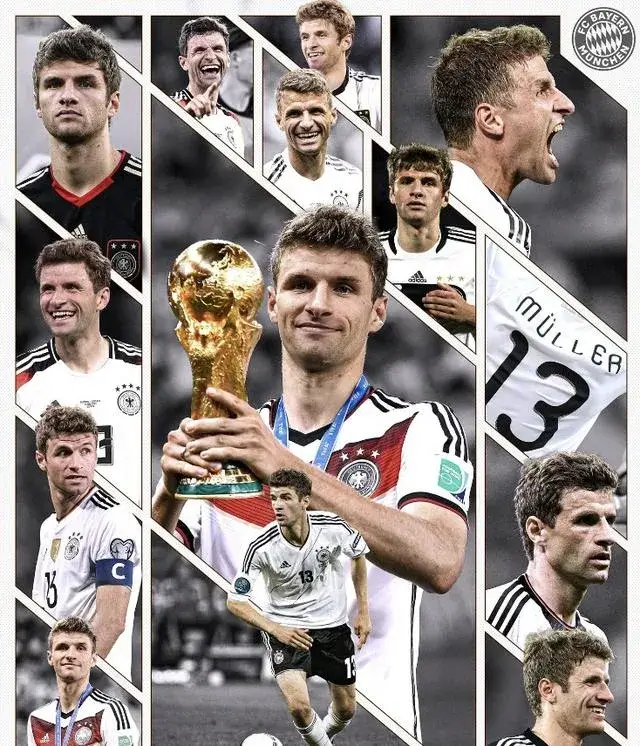
Germany last won the European Championship in 1996, and Müller's goal drought in the tournament has spanned 12 years (18 matches without a goal). Although he humorously remarked that he had no grudge against the Euros, he admitted in a press conference, "I really wanted to score in the European Championship." This desire fueled his stubborn participation in the tournament.
As the host nation, Müller hoped for a serendipitous "wind at his back," believing that his mutual longing with the German national team would be rewarded by fortune. Yet, in the competitive world of football, sentiment rarely triumphs over reality. Müller didn't mind being a benchwarmer under Nagelsmann, but becoming a backdrop to Spain's youthful celebration was a bitter pill to swallow.
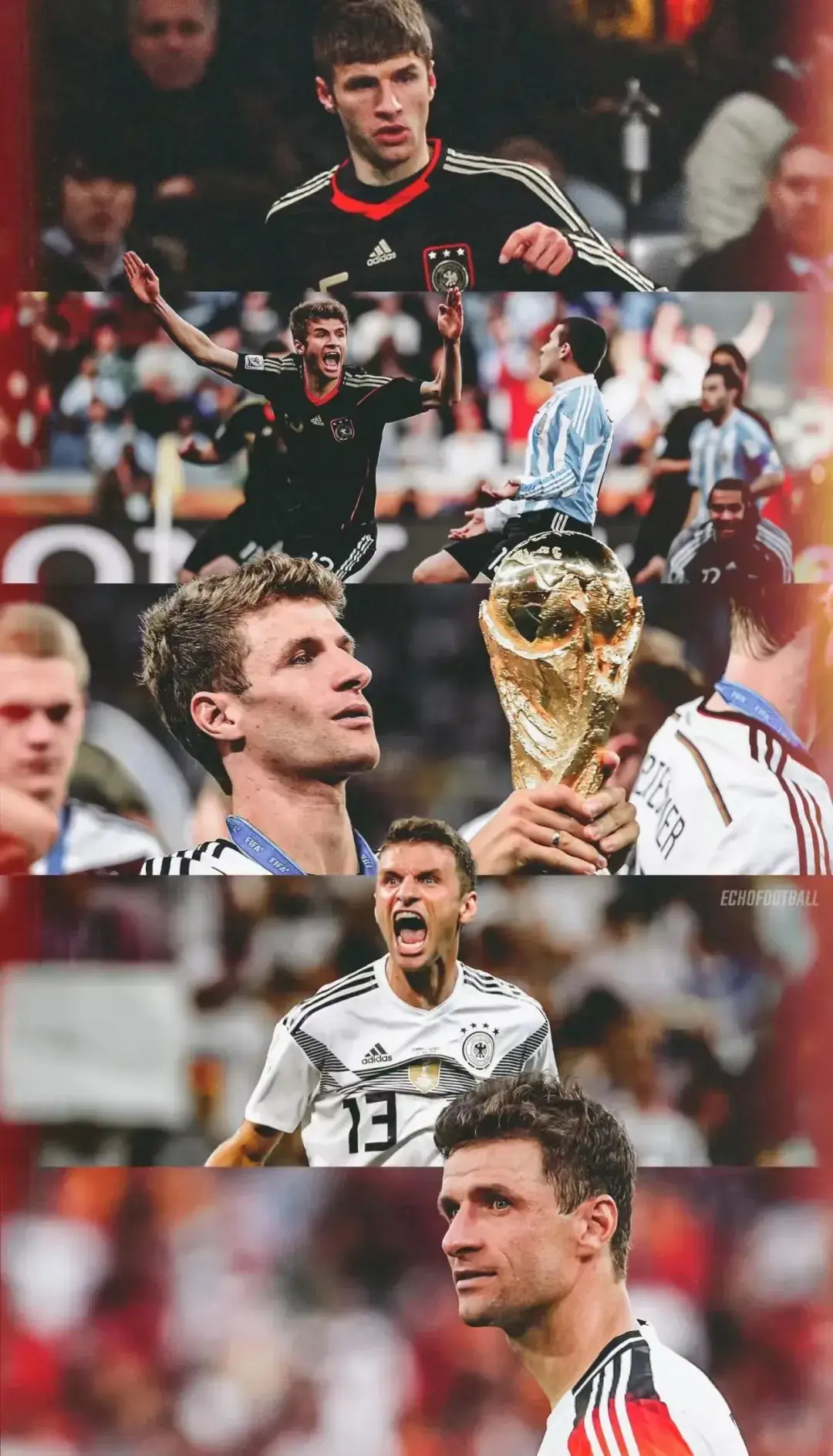
Müller gave his all in his final stand. After Mikel Merino's header sealed Spain's victory in the 119th minute of extra time, Müller delivered a precise cross from the right, only for Füllkrug's header to miss the right post. Perhaps this was fate's way of scripting his farewell. As people reflect on Müller's illustrious career, they will likely overlook these "almost moments," instead cherishing the highlights of his journey.
Müller ranks alongside Rummenigge with 45 goals for the German national team. Ahead of him are legendary forwards like Klose, Gerd Müller, Podolski, Klinsmann, and Völler. Unlike these traditional strikers, Müller played as a midfielder, excelling as the "space interpreter." As Völler once said, "Müller's game is unconventional, instinctive, and unpredictable, which is exactly why he's successful."
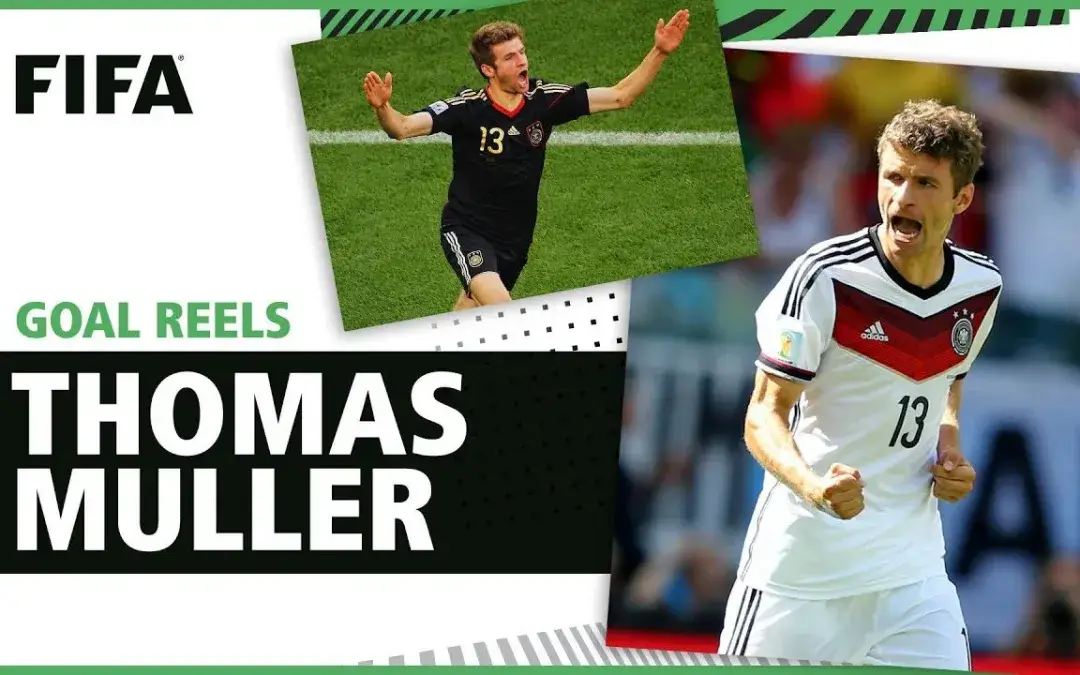
In 131 appearances for Germany, Müller scored 45 goals and provided 41 assists, with his performances shining brightest on the World Cup stage. In 19 World Cup matches, he netted 10 goals and made 6 assists. In the 2010 World Cup, he won the Golden Boot with 5 goals from 6 shots on target and was named Best Young Player. The 2014 World Cup saw him score a hat-trick against Portugal, finishing with 5 goals and 3 assists, earning the Silver Boot and Silver Ball, and most importantly, the World Cup trophy.

Klose broke Ronaldo's World Cup goal record in 2014, and the then 24-year-old Müller was seen as a potential record-setter himself. Müller once dreamed of winning both the World Cup and the Golden Boot, but Germany's back-to-back early exits in Russia and Qatar dashed those hopes. Müller was even benched by Löw, described as a "temporary adjustment," yet his performance, like having only 20 touches in the match against South Korea in 2018, led to media ridicule.
The Sun listed Müller among the worst performers of the 2018 World Cup group stage. After Germany's exit in the 2022 Qatar World Cup, a frustrated Müller said, "If this was my last game for Germany, it has been a great honor."
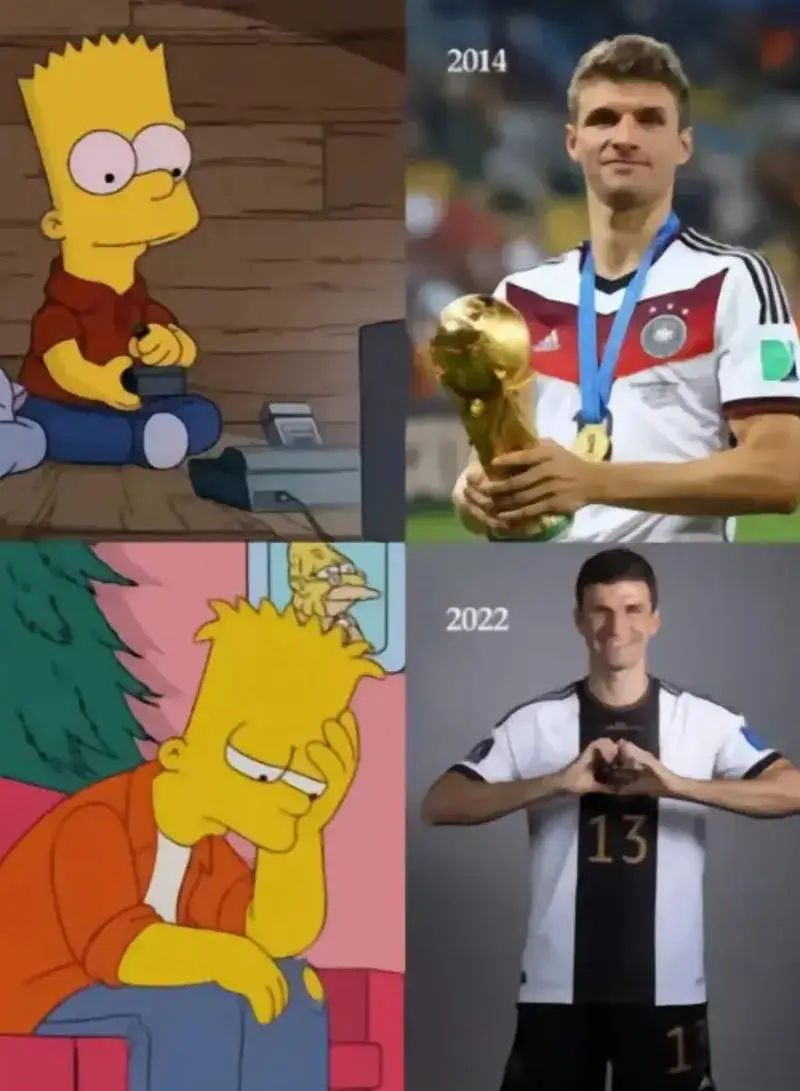
From being the "King of Efficiency" to enduring a goal drought, Müller's World Cup journey was a rollercoaster. Tactically, Müller often fell victim to conservative strategies. When Germany lacked a potent central forward, Müller was pushed to the flanks, reducing his impact. Known for his intelligence on the pitch, Müller thrived playing behind a striker, but without that role, his effectiveness diminished.
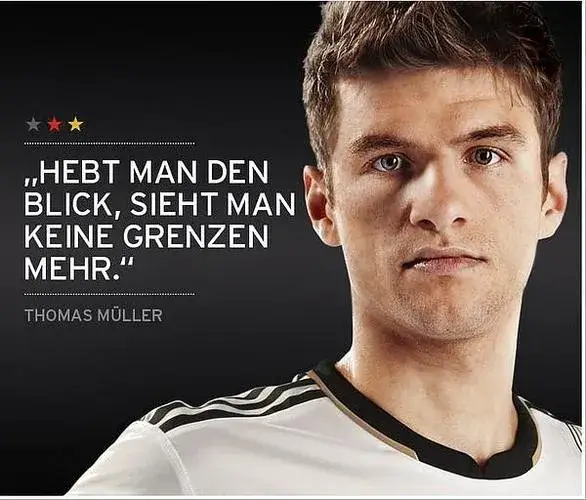
Rebuilding takes time, and while successors search for the next chosen one, veterans like Müller continue to guide the new generation. In this regard, Müller's influence seems less captivating compared to Kroos, who returned to the national team with a bang. Although both debuted in 2010, Kroos's precise passing during the Euros contrasted with Müller's struggle to recapture past glory. Germany's loss to eventual champions Spain was a valiant effort, but for Müller, this was not the ideal farewell.
Müller's time with the national team has ended, and his 14-year journey will be cherished and softened by time. His story doesn't end here. He intends to pour his remaining energy into Bayern Munich, a club he's been with for 20 years. Despite facing competition from younger players, Müller, at 34, still has the skills to compete. Last season, under Tuchel, he made 25 starts, scoring 7 goals and providing 10 assists, demonstrating his wisdom and resilience.
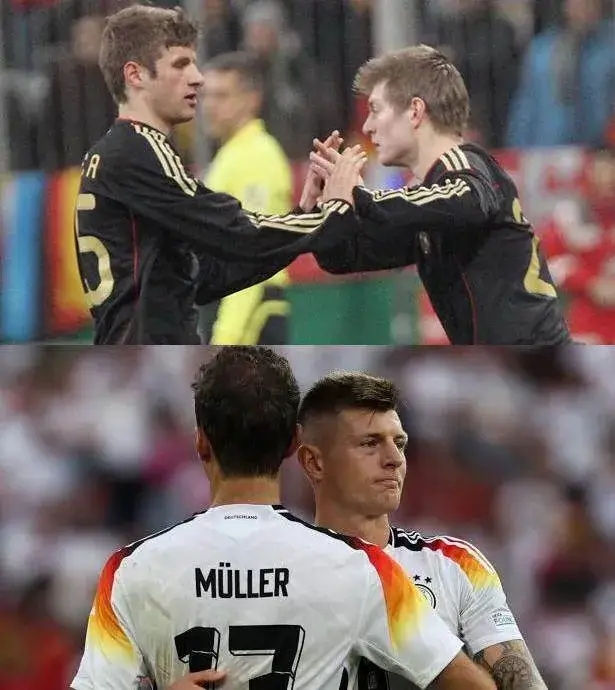
With one year left on his contract, Müller is determined to help Bayern win the Bundesliga again. Perhaps this will heal the wounds of the Euro disappointment. As doubts surround new coach Kompany's ability, Müller was the first to reassure the team, saying, "We need new tactical perspectives and guidance."

Müller plans to take on a role at Bayern post-retirement, aiming to bid farewell with a championship. "I love scoring in a Bayern jersey," he says, as he begins this new chapter.
Copyright Notice:
Datavictory copyrights this specification. No part of this specification may be reproduced in any form or means, without the prior written consent of Datavictory.
Link:


